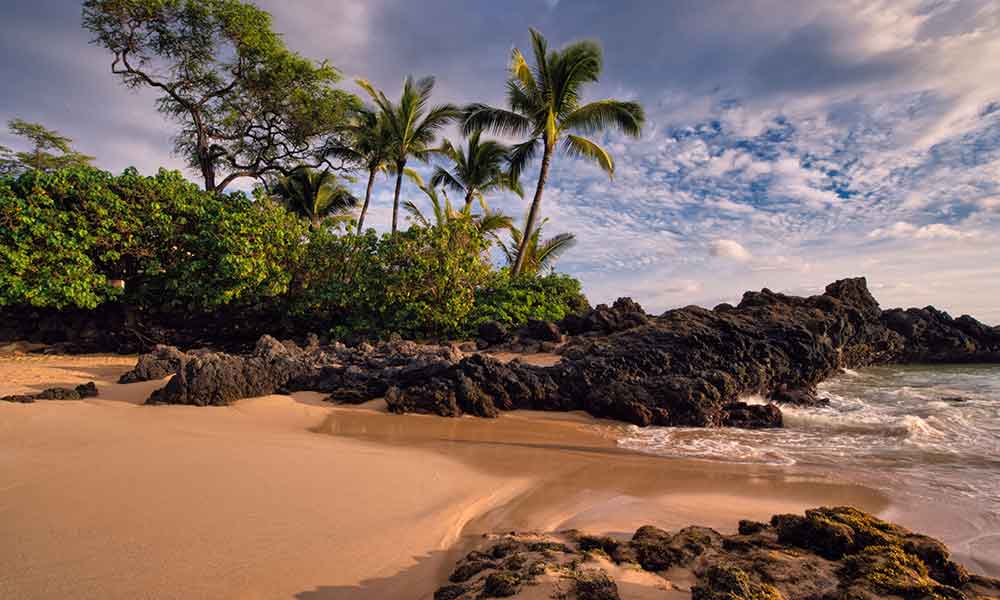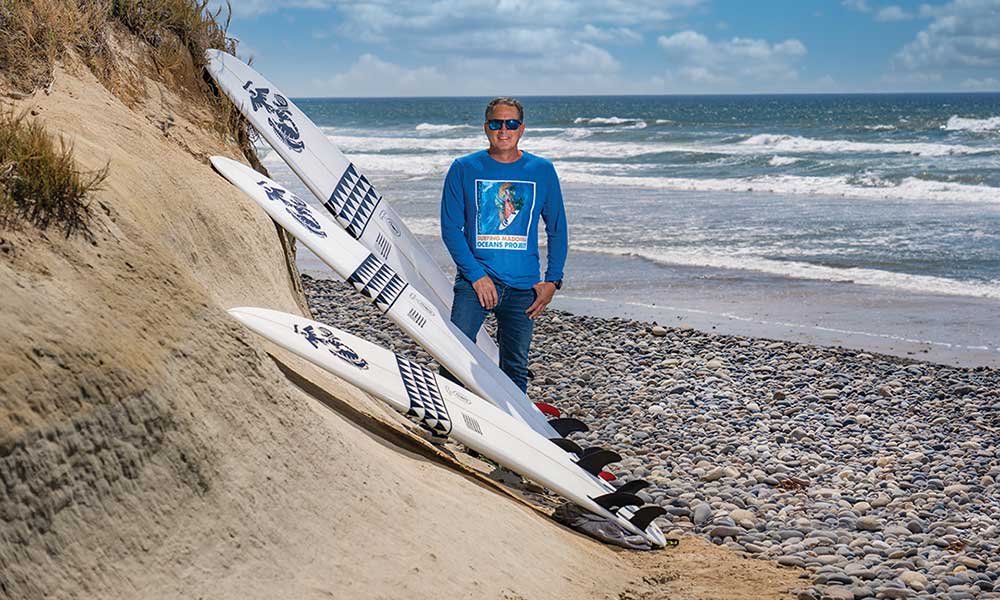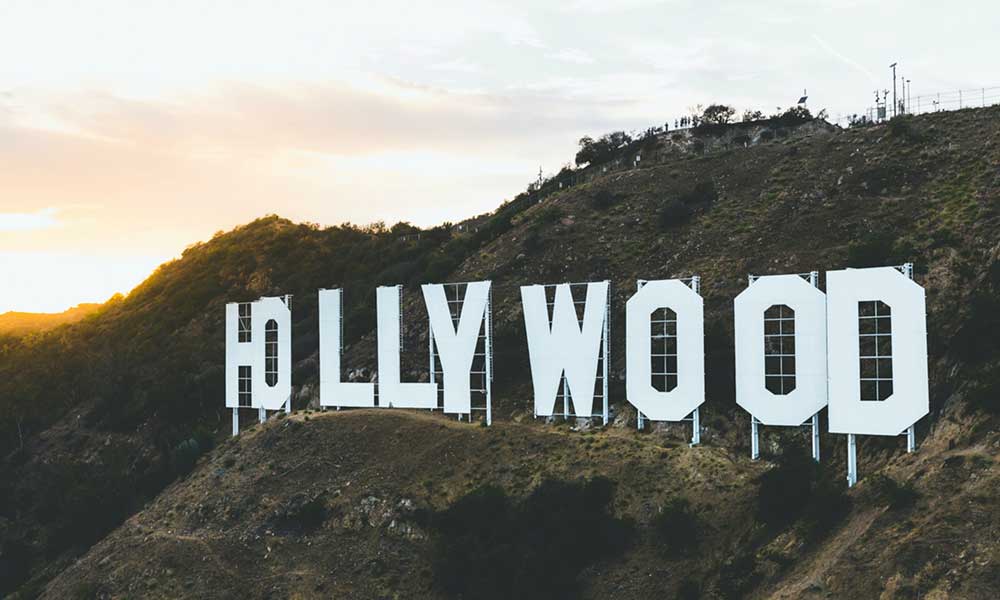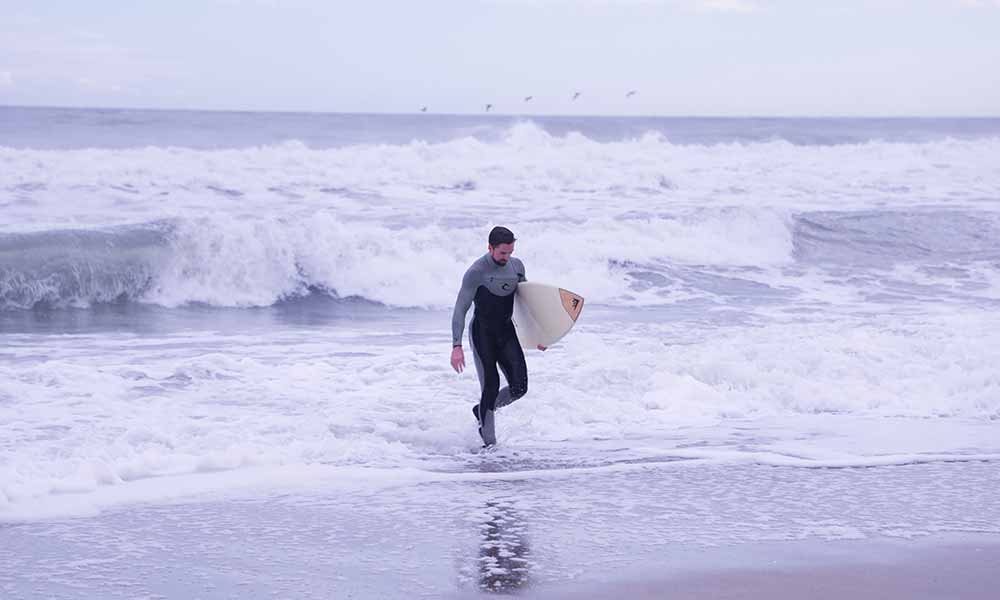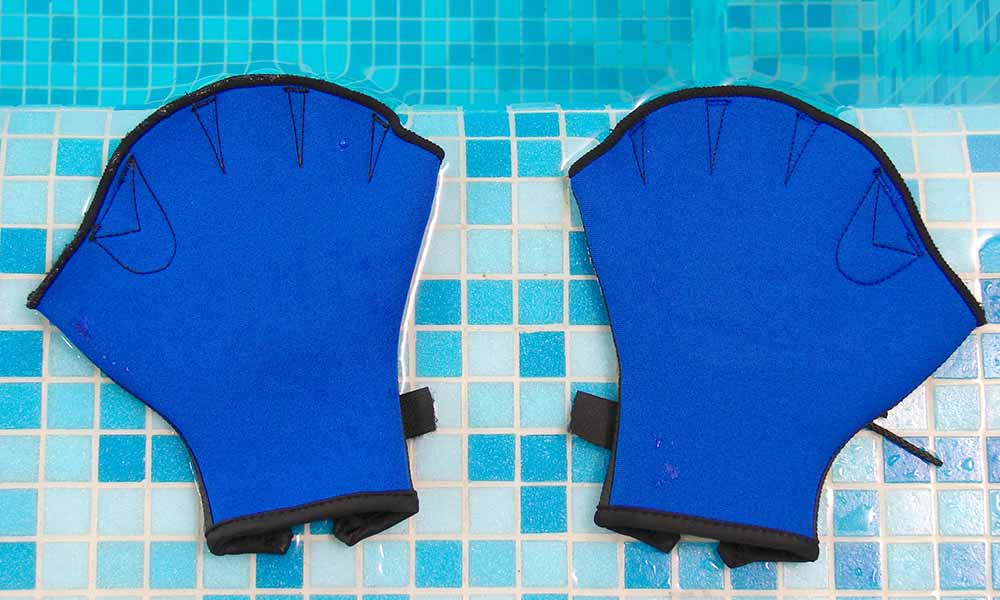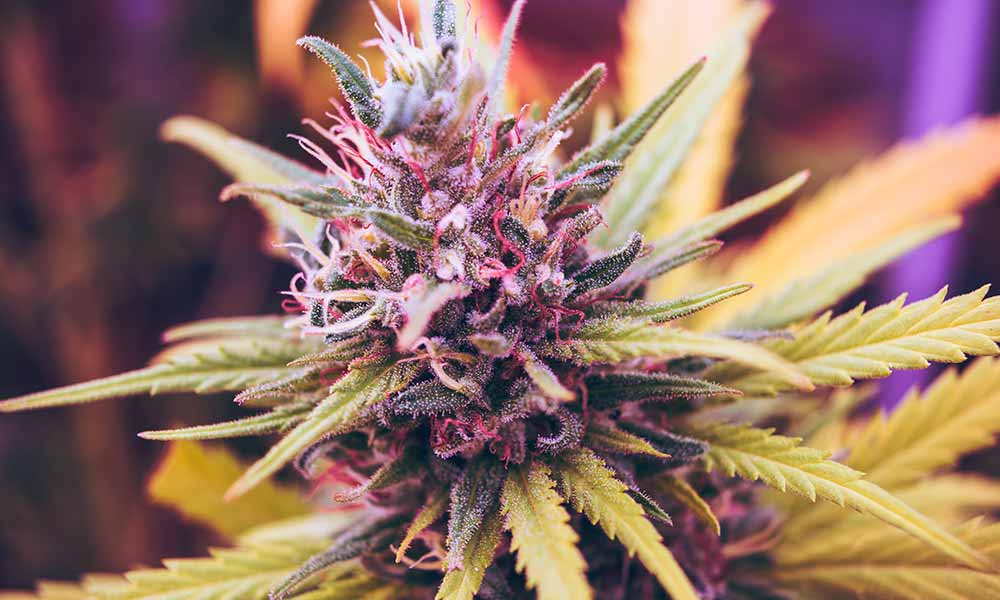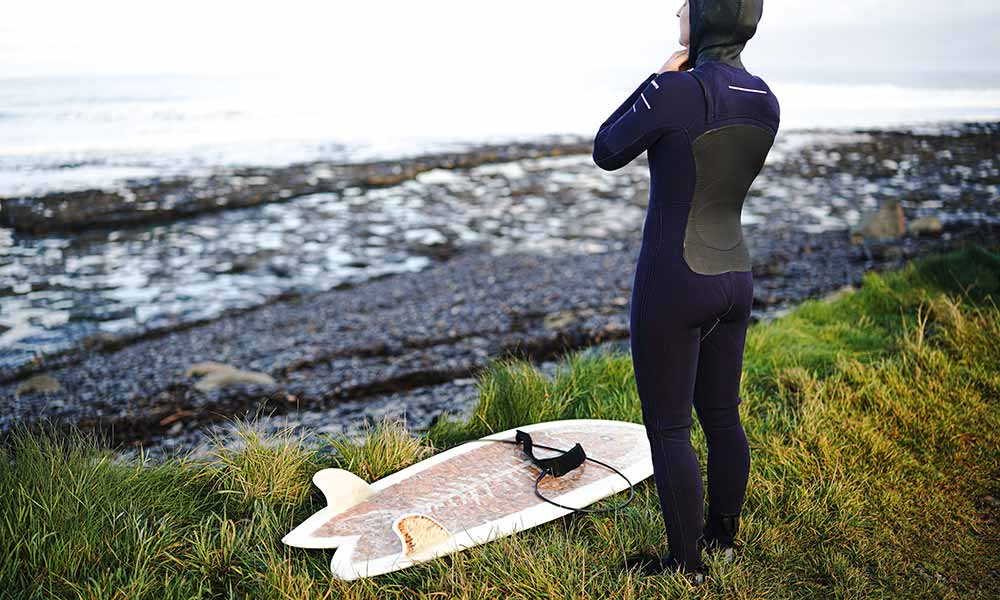Maui is a hero and trickster demigod in Polynesian mythology. He is a central figure whose stories have been told for centuries throughout Hawaii, Tahiti, and New Zealand. He’s also the deuteragonist (the “second hero”) of the 2016 Disney film, Moana.
The giant, muscle-bound, tattooed hero depicted in the aforementioned film is a close match for the demigod worshipped throughout Polynesia. In fact, Maui’s mythological adventures are just as fantastical and fascinating and the ones we saw in the film.
Is Maui Based on a Real Demigod?
Yes, the Maui depicted in Moana is based on a real figure from Hawaiian mythology. Maui was said to be an ancient chief and was one of the Kupua, a group of powerful supernatural entities.
Who Was Maui in Hawaiian Mythology?
Maui was the son of Hina and Akalana and he carried a magical fish hook baited with the wing of his mother’s pet bird, the ‘alae.
Maui had three brothers and all four of these siblings are said to have created the Hawaiian Islands following one of Maui’s infamous “tricks”.
What is the Legend of Maui?
According to an often-told Hawaiian legend, the islands were created following a fishing trip that Maui took with his brothers.
Maui’s magic fish hook became stuck on the ocean floor and he convinced his brothers that he had hooked a big fish. He instructed them to paddle with all of their might, and as they did so, they dragged the islands from the depths of the ocean.
Another legend suggests that Maui slowed down the movement of the sun after his mother complained the days were too short. He lassoed the sun and threatened it until it agreed to stay longer in the summer and shorter in the winter.
As is often the case with ancient mythologies, there are variations of both these stories, but they still result in Maui somehow creating the islands and prolonging the summertime.
Maui Discovers Fire
Maui is said to have brought fire to the Polynesian people just as Prometheus brought fire to the Greeks.
According to legend, Maui wanted to learn how to make fire so he could cook food and keep himself and his family warm. On a fishing trip with his brothers, he noticed a plume of smoke on the horizon and so he paddled over to investigate.
After docking, he saw a hen stamping out the fire and hiding the evidence.
Determined to find a solution, Maui hid nearby and watched the hen for many hours. He observed the hen as she waited until the coast was clear and then started another fire by rubbing two dry sticks together.
Maui captured the hen and forced her to teach him her secrets. Initially, the bird tried to trick him by instructing him to rub wet sticks and plants together. Eventually, she conceded and give up her secrets, but in his anger, Maui branded her head with a crest, one that can still be seen on ‘alae birds to this day.
How Did Maui the Demigod Die?
There are several stories telling of Maui’s demise, but they usually involve the demigod trying to trick someone and then dealing with the consequences.
In one New Zealand story, Maui’s father forgets to chant the proper invocations when Maui is born, thus stripping him of the protections he needed to stay immortal and condemning him to an inevitable death.
How Was Maui Worshipped on the Hawaiian Islands?
Maui was more of a folk hero than a deity. Maui’s supernatural powers and trickery placed him at the center of many Hawaiian legends, but the same could be said for Hercules, King Arthur, and Robin Hood.
In other words, he was key to Hawaiian culture and mythology but he was not worshipped in the same way as Ku, Kane, Kanaloa, and Lono, the four main gods of ancient Hawaii.
Is The Island of Maui Named After Him?
Maui is the second-largest of the Hawaiian Islands, and it has the same name as the aforementioned demigod. However, it was not named after him.
The island of Maui was actually named after the son of a mythological figure said to have discovered Hawaii. Hawai’iloa was considered to be an expert navigator and fisherman who stumbled across Hawaii and named it after himself.
He named the island of Maui after his eldest son, who was actually named after the demigod. Incidentally, he named two other islands for his son (Kauai) and daughter (Oahu).

